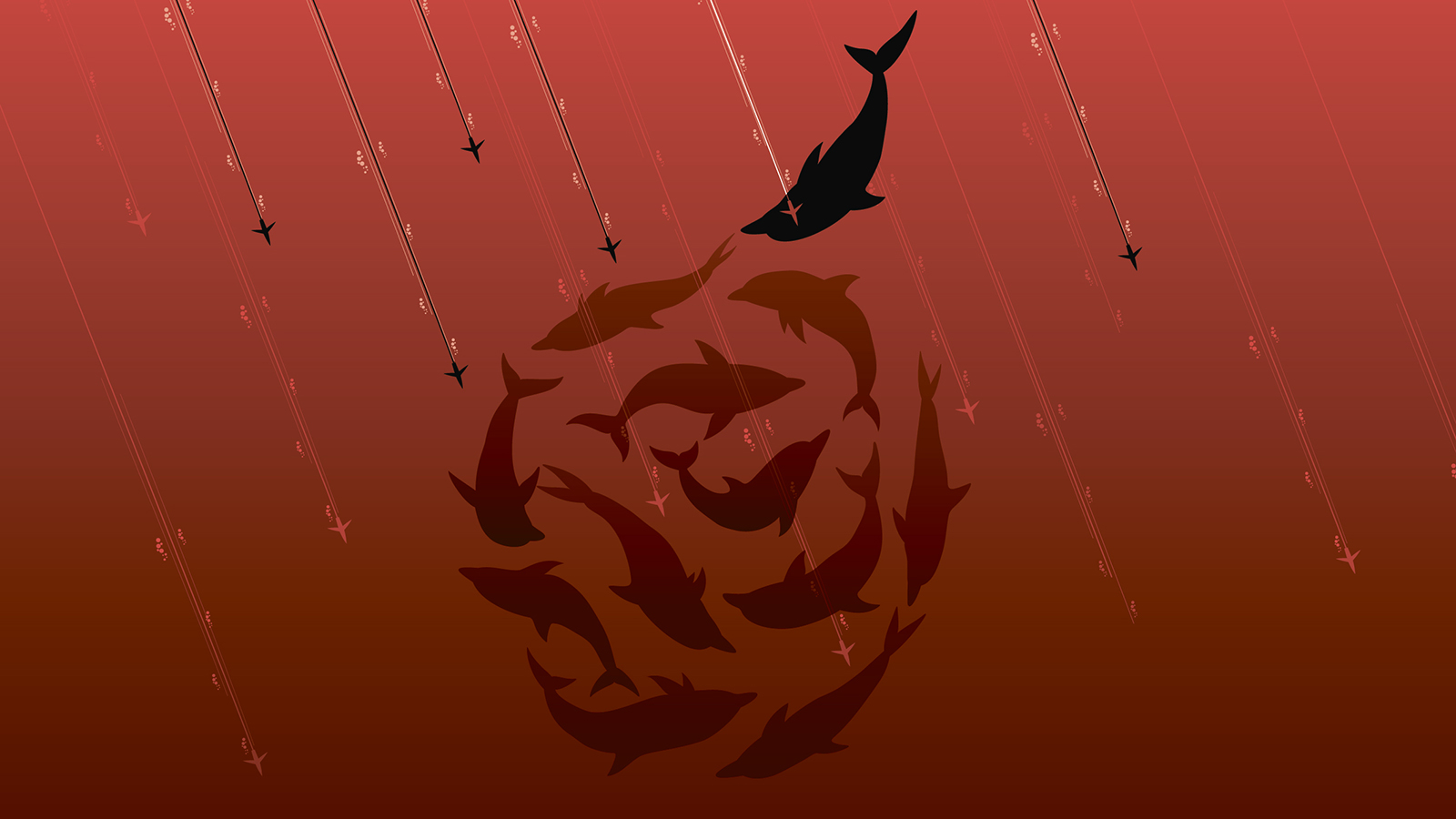On the harbor road heading east toward Tomyozaki Point, there is a moss-encrusted monument dedicated to an ill-fated whaling expedition in 1878. Facing fierce westerly winds, the fishermen released their catch, a right whale and her calf, and tied their boats together with nets to bolster defenses, but they were soon ripped apart and the fleet tossed further out to sea. More than 100 crew members lost their lives.
It's the kind of story that resonates with the 3,500 residents in Taiji, Wakayama Prefecture, which is widely regarded as the birthplace of organized whaling in Japan, dating back over 400 years and continuing until the International Whaling Commission moratorium went into effect in 1986.
"When I was a child, I can remember the festival-like atmosphere when the boats came back (from a whaling expedition)," says local resident Sachiko Kushi, 78, outside a supermarket operated by Taiji's fisheries cooperative. "That tradition has gone, but we still eat whale and dolphin meat. My grandchildren love it."



